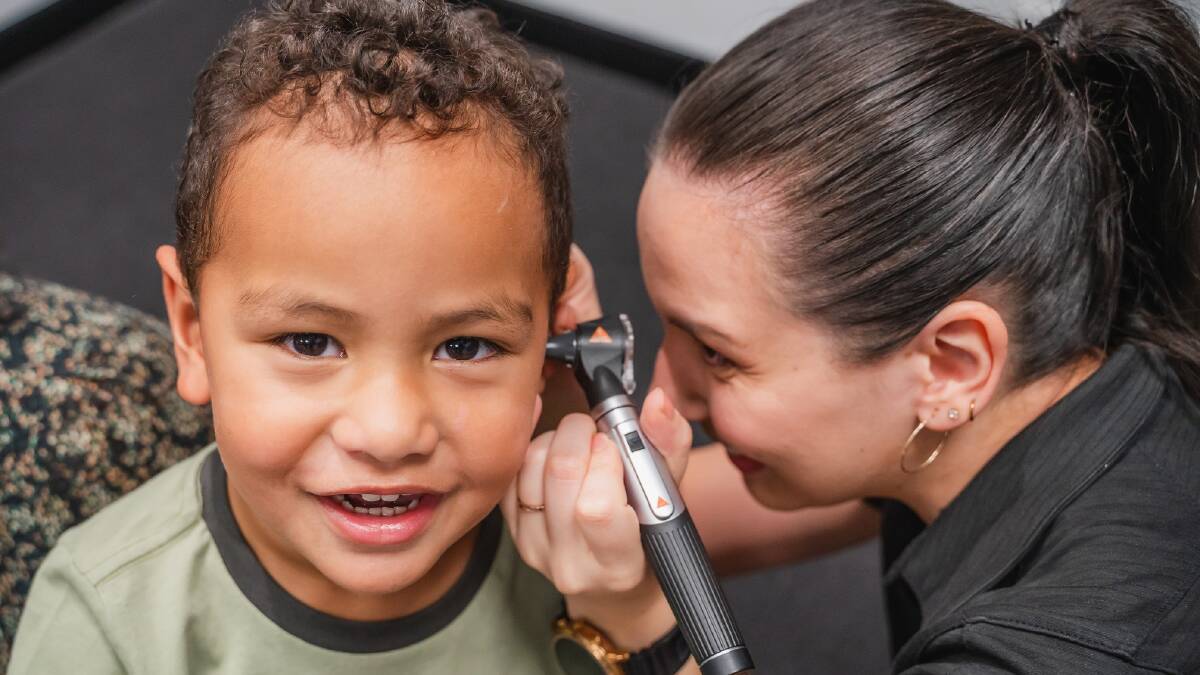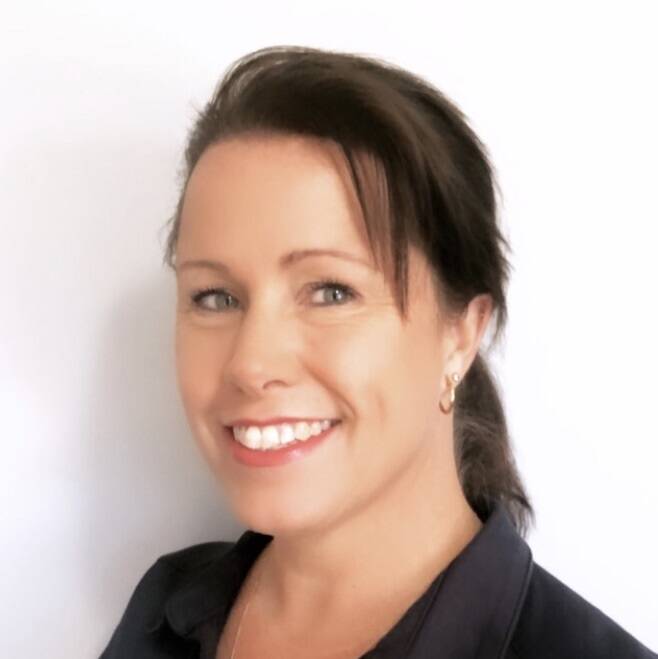
Being able to hear can mean the world of difference for a child's development, communication skills and behaviour.
Subscribe now for unlimited access.
or signup to continue reading
This is why Hearing Australia has launched an action plan to halve the rate of hearing loss in Aboriginal and Torres Strait Islander children by 2029.
The most recent National Aboriginal and Torres Strait Islander Health Survey found 30 per cent of Aboriginal and Torres Strait Islander school-aged children had a measured hearing loss in one or both ears.
The Hearing Australia Action Plan for Improving Ear Health and Hearing Outcomes for Aboriginal and Torres Strait Islander Children is all about activities that prevent hearing loss and collaboration with local Aboriginal communities.
Hearing Australia acting national manager stakeholder relations, First Nations services unit and Wiradjuri woman Sherilee McManus, who is based in Maitland, said the action plan is incredibly important because when kids are starting school and have experienced hearing loss, they haven't had as much of an opportunity to learn and grow.

"On average, Aboriginal and Torres Strait Islander kids can have up to 32 weeks of hearing loss between birth and starting school caused by otitis media," she said.
"While they're not actually at school, during this period of time the kids are growing, they're developing and they're learning how to learn, they're learning how to understand instructions, how to have conversations and social interactions.
"If they're having issues with their hearing, they're losing the opportunity to learn how to do those social skills."
Ms McManus said she has seen several children fitted with devices in Maitland.
"It's just life changing watching these kids faces light up when the device goes on, and it's switched on and they can hear - it's amazing," she said.
The action plan will help Hearing Australia get out to health services and Aboriginal health services across the country.
"There's lots of Aboriginal services we can get into where we can test the children, we can talk to our elders and let our elders know the importance of what we're doing and the action plan supports us in doing that," Ms McManus said.
IN OTHER NEWS:
"The Aboriginal and Torres Strait Islander cultures are verbal cultures and we need to share our history with our kids, and we do that by talking to them.
"If we can't share our stories, and they can't hear our stories then they can't share them.
"We need it to continue so our culture can survive."
Ms McManus said it's easy and free to access the First Nations unit at Hearing Australia for a hearing assessment by visiting hearing.com.au/Hearing-loss/HAPEE or 134 432.
"It's free, it only takes half an hour and if you walk away being told your child's hearing is perfect, then great, that's the outcome we want," she said.
"Otitis media is a silent disease, there's no visual clues the majority of the time that there's something wrong with the child.
"If it goes untreated long enough it will cause a permanent hearing loss."


